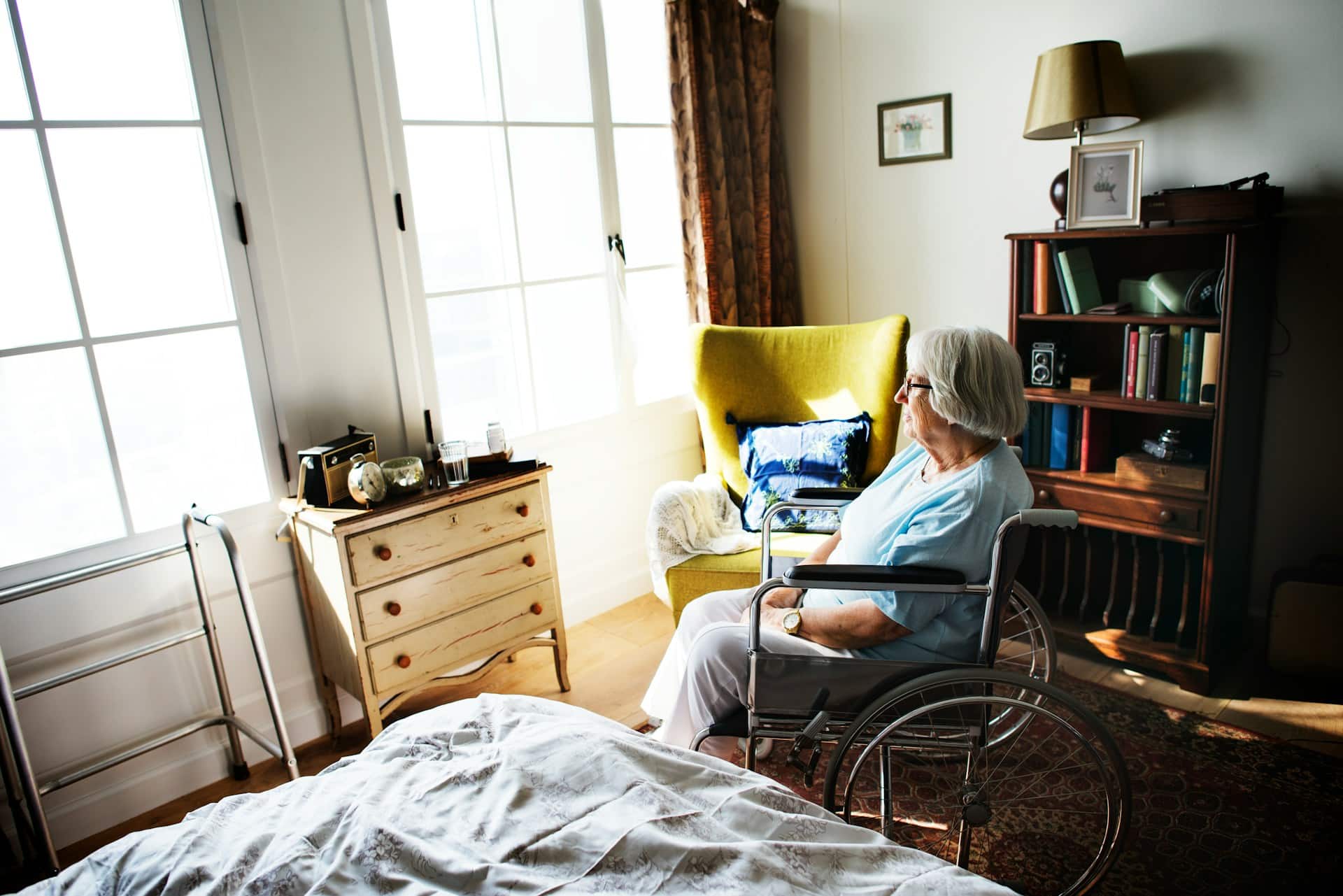Caring for elderly loved ones is a significant responsibility, especially when they reside in nursing homes. We expect these facilities to be safe and nurturing environments. However, it’s vital to be vigilant about the quality of care and recognize signs of neglect. Knowing the warning signs can help keep your loved ones safe and ensure they receive the respectful care they deserve.
Neglect in nursing homes can manifest in several ways and, unfortunately, can often be systematic rather than a one-time mistake. Detecting these patterns can be challenging, but being aware of potential red flags can make all the difference. By understanding the signs of neglect, families can take necessary actions to protect their loved ones.
Unexplained Injuries
Unexplained injuries are one of the most alarming indicators that something isn’t right in a nursing home. These can range from minor cuts and bruises to more serious conditions like fractures. It’s important to differentiate between injuries caused by accidents and those resulting from neglect.
To help distinguish these:
1. Level of Frequency: Look for any patterns in the frequency of injuries. Constant reports of falls or bruises without clear explanations suggest negligence.
2. Inconsistent Stories: Pay attention to inconsistent explanations provided by caregivers regarding how injuries occur.
3. Lack of Proper Supervision: Consider if your loved one receives adequate supervision. If not, the risk of injury increases.
For example, if a resident continually has bruises with vague accounts or conflicting reports from staff, it’s time to investigate further. Taking notice of this early can prevent more serious occurrences in the future.
Poor Hygiene and Living Conditions
A clean environment is crucial in preventing infections and maintaining the well-being of nursing home residents. Unfortunately, neglect in hygiene and living conditions is a common issue. Residents deserve to live in clean, comfortable surroundings, and any lapse in this area can have severe health consequences.
To assess whether hygiene and living conditions are up to par, keep an eye out for:
– Unsanitary Rooms: Look for clean bedding, dust-free surfaces, and no unpleasant smells. Messy or unsafe rooms can be a sign of neglect.
– Personal Cleanliness: Residents should be appropriately dressed and groomed. Dirty clothes or unkempt appearances can indicate insufficient personal care.
– Facility Maintenance: Check for signs of neglect in facility maintenance, like broken equipment, poorly maintained bathrooms, or tripping hazards.
Ensuring a hygienic environment is not just about appearances but is essential for the comfort and health of residents. When visiting your loved one, if the living space seems neglected or unsanitary, it’s crucial to address these issues promptly with the facility. Recognizing these poor conditions early can help you ensure your loved one’s surroundings are both clean and safe.
Sudden Weight Loss or Malnutrition
A noticeable drop in weight or signs of malnutrition among nursing home residents can point to neglect. Watching for these indicators is crucial since proper nutrition is fundamental to good health. When residents aren’t getting enough food or the right nutrients, it raises several concerns.
Signs that may suggest nutritional neglect include:
– Rapid Weight Loss: A sudden drop in weight without any medical reason should catch your attention. It might indicate that your loved ones aren’t getting enough food or hydration.
– Poor Meal Quality: Consider the meals being served. If they appear lacking in variety, nutrients, or portions, this might contribute to nutritional deficiencies.
– Dehydration Signs: Dry skin, confusion, or sunken eyes could signal insufficient fluid intake. Dehydration is a common but serious issue among the elderly.
It’s essential to engage with caregivers about your observations, ask questions, and look for solutions to improve meal choices and nutrition levels. Nutrition plays a critical role in maintaining energy, strength, and overall well-being.
Behavioral Changes and Emotional Distress
Emotional well-being is as important as physical health for nursing home residents. Changes in behavior or mood might indicate neglect or even mistreatment. Being attentive to these signs can help you address issues before they worsen.
When looking out for these changes, consider:
– Withdrawal or Depression: Notice if your loved one seems withdrawn or expresses feelings of sadness or hopelessness, which could be due to isolation or lack of care.
– Irritability or Anxiety: Increased irritability, anxiety, or sudden mood swings can also suggest neglect or emotional distress.
– Lack of Engagement: Pay attention if your loved one loses interest in activities they previously enjoyed or stops participating in social events.
An example might be if your usually social family member has become unusually quiet or uninterested in talking. Staying connected with the staff and having open conversations with your loved ones can uncover issues and help improve their emotional well-being.
Lack of Proper Medical Care
Timely and adequate medical care is paramount in nursing homes. When residents don’t receive the medical attention they need, their health can deteriorate quickly. Recognizing neglect in this area requires vigilance.
Watch for these red flags:
– Missed Appointments: If regular medical checkups or treatments are missed without explanation, it could signal a bigger problem.
– Unattended Medical Conditions: Look for untreated or improperly managed ailments, such as untreated wounds or infections, which highlight negligence.
– Lack of Medication Management: Ensure there is a system for proper medication administration. Errors in dosing or medications not being given on time can lead to health complications.
It’s important to keep consistent communication with medical staff and routinely review the care plans in place. Taking an active role in your loved one’s health can make a significant difference.
Ensuring Safety and Care for Loved Ones
If you suspect your loved one is experiencing neglect, it’s crucial to act quickly. Here are steps to consider:
1. Document Evidence: Keep a record of any signs of neglect, including dates, times, and details about what you observed.
2. Communicate Concerns: Talk to the facility’s management. Express your concerns and provide specific examples.
3. Consult Professionals: Sometimes, getting legal or professional advice helps ensure the situation is addressed and resolved appropriately.
Understanding these early warning signs and taking the appropriate action ensures that your loved ones receive the care and respect they deserve. Safeguard their well-being by staying informed and proactive.
Protecting Loved Ones from Nursing Home Neglect: Take Action Today
Being aware of nursing home neglect signs is essential for protecting the health and safety of loved ones. By staying vigilant, families can intervene early to address concerns before they escalate. Seeking professional help, whether through legal channels or healthcare consultations, ensures that the residents receive the care and respect they’re entitled to in Little Rock, AR. Staying engaged, informed, and proactive truly makes a difference in ensuring a safe and nurturing environment for those we care about.
Protecting your loved ones from neglect in a nursing home is of utmost importance. If you’re noticing warning signs and aren’t sure what to do next, it’s crucial to reach out for assistance. Learn more about how experienced professionals can guide you through your concerns by connecting with the nursing home neglect lawyers at The Law Office of Thomas G. Buchanan. They have the expertise to help you navigate this challenging situation and ensure your loved ones receive the care they deserve.

